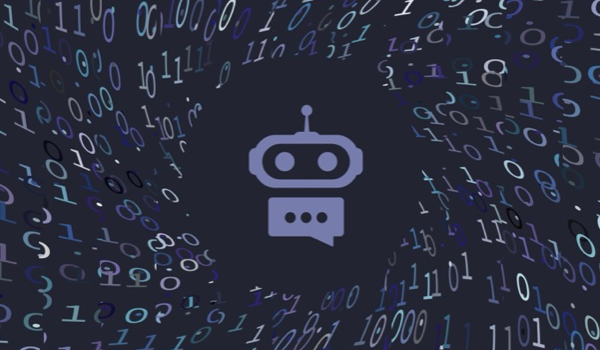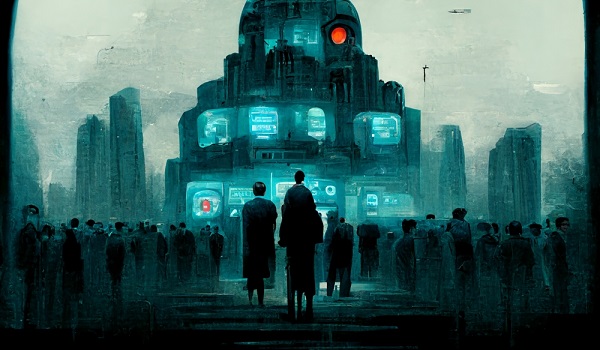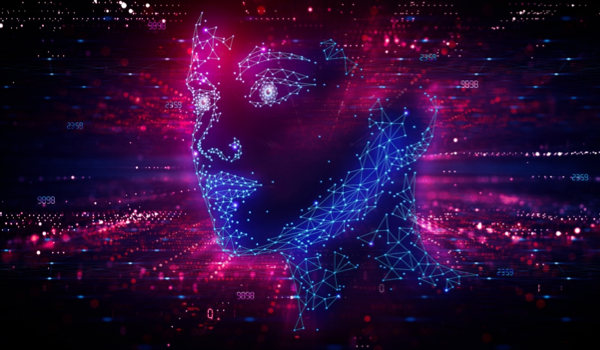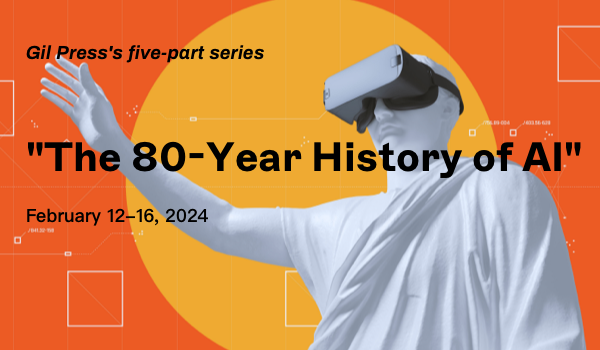


Berlin - I am a social entrepreneur who founded the Berlin-based Hippo AI Foundation, a foundation focused on open sourcing medical artificial intelligence (AI) and giving everyone access to life-saving knowledge. Through my exclusive opinion pieces here at The Yuan, I will share my insights and learnings on how to build a desirable healthcare future for all of us.
Having worked for 19 years in global leadership roles for SAP and IBM, always with a focus on healthcare, I followed this vision that the progressive democratization of technology would automatically lead to a democratization of healthcare innovation. It is undeniable that the democratization of technology has changed our world and empowered people. More recently, the advent of personal mobile technology means that someone in Kenya today has better mobile communications than President Ronald Reagan did 25 years ago. If they use a smartphone, they have access to more information than President Bill Clinton did 15 years ago. And if they add a 3D printed colposcope, that serves as an optical device with a 10-fold magnification, and apply some machine learning (ML) algorithms, they theoretically could more accurately diagnose cervical cancer than those who use pap-smear and cytology for the price of almost nothing.
The democratization of technology was significantly influenced by Moore's Law. Gordon Moore, the founder of Intel, predicted in 1965 that the price, performance and value produced by semiconductors would double every 12 to 18 months. An astonishing prediction that became the "gold standard" for our modern digital revolution. But looking back at the last few decades, biotechnology developments in healthcare are going in the opposite direction. Even though technology is the foundation of many of these medical innovations, most of these medical innovations haven’t followed Moore's Law. We have seen drug discovery become slower and more expansive
The content herein is subject to copyright by The Yuan. All rights reserved. The content of the services is owned or licensed to The Yuan. Such content from The Yuan may be shared and reprinted but must clearly identify The Yuan as its original source. Content from a third-party copyright holder identified in the copyright notice contained in such third party’s content appearing in The Yuan must likewise be clearly labeled as such. Continue with Linkedin
Continue with Linkedin
 Continue with Google
Continue with Google
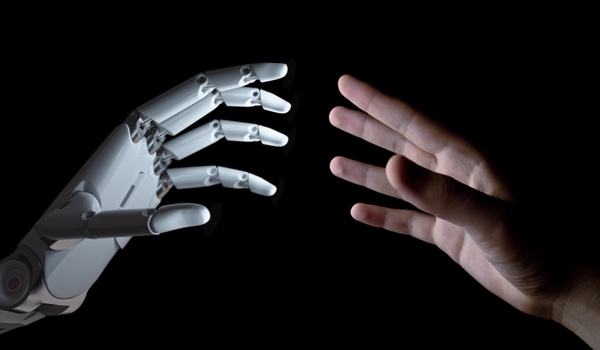
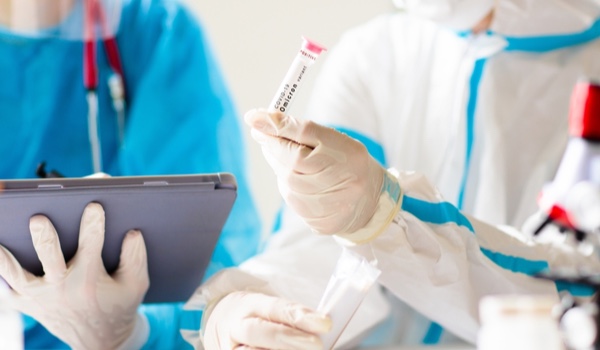







 6056 views
6056 views
